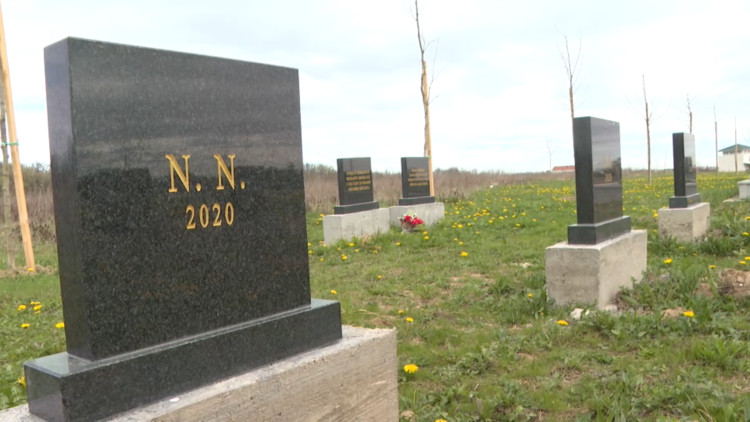
In search of a better life, on the so-called migration route, hundreds of lives were lost. Over the past few years, dozens of refugees have drowned in the Drina River. The bodies that were found are buried at the John Doe cemetery in Bijeljina. Pročitaj više
The unpredictable Drina, which changes its bed almost every day, often surprises even local, experienced swimmers, let alone refugees from the Middle East who are mostly non-swimmers. Since 2016, the bodies of 42 migrants have been found on the border between Serbia and BiH. The number of those who drowned is far greater, but their bodies have not yet been washed ashore by the river.
A young Afghan woman named Zahra Alimi fears that her brother suffered the same fate.
“Aziz arrived in Serbia, but unfortunately when he tried to cross the Drina river and enter Bosnia and Herzegovina, he drowned. That happened on August 23, 2023. We have had no news of him since that day. Aziz wanted to work in one of the European countries and build a good life to help us. Please help us, we have no one else but you,” said Zahra Alimi.
Poignant confessions and pleas of families of drowned refugees arrive at the address of the Tuzla activist Nihad Suljic.
“My first contact with a family that was looking for their missing person was when a boy from Afghanistan who lived in Tuzla as a refugee contacted me four years ago and told me that his neighbor from his village had disappeared on the border between Serbia and Bosnia and Herzegovina. Then he brought me and the family of the missing person together, we found the body in Zvornik, and that body was returned to Afghanistan,” Suljic explained.
The dream of the promised Europe
He added that these are men who went to Europe to support their families, but that there are still prejudices about them:
“Someone from Ukraine is a refugee, and someone from Syria or Afghanistan is a migrant. This dehumanization begins in the name itself. As for that structure, why they are all men, a number of cultural and other aspects should be taken into account. Every man from Afghanistan has a whole family waiting for him. They are waiting for him to achieve a better life in the promised Europe. But due to the nature of the journey, it is often the oldest sons in the family who set out on that difficult journey, in order to make life as good as possible for their family who remained somewhere over there,” Suljic said.
Migrant graves in Bijeljina
Suljic wanted to bury with dignity those whose families had not yet contacted them. Several of them are located in a cemetery in Semberija. Instead of the first and last name, two letters (NN – standing for “John/Jane Doe”) and the year of death are written on the gravestone.
As many as 17 unidentified people were buried at the cemetery in Bijeljina, 16 men, and recently one woman. Instead of the original wooden gravestone, it was decided to erect marble gravestones, in order to forever preserve the memory of the lives that were unfortunately ended.
“We can't change what happened, save their lives, but we can do this, it's a great satisfaction if someone's mother, sister, brother, cousin knows at least where the body is,” said the young activist from Tuzla.
Finding a family is an aggravating circumstance
A pathologist from Bijeljina, Vidak Simic, takes a bone tissue sample from the bodies, which are mostly in various stages of decomposition, for possible DNA analysis. Forty samples, as many as there are currently, should be kept for up to 6 months. Simic decided to preserve them even longer until the families of the deceased came forward. And in this context, they are trying to find a solution.
“The idea was to make all those DNA profiles and put them on some portal, so let's say in Algeria, Afghanistan, Pakistan, it doesn't matter, where the family could hear, overhear that there is information that one of their family members drowned in the Drina, and so they could go there. Because it's very expensive to travel, it's a waste of time and people don't know the customs or the law, there are many problems, it's a terribly painstaking job,” said the Bijeljina pathologist adding: “This way a father, mother, brother would go there to some institution, they would give their sample, and then from that profile that doctor from Algeria, Afghanistan, Pakistan would compare the two and say ‘yes, yes, your son, brother was autopsied then and then, he was found then and there and he was buried there and there’.”
Two memorials and a memorial tree line
Unfortunately, according to Nenad Jovanovic, who found ten bodies on the banks of the Drina last year alone, he said that these are mostly young people. Approximately, from 20 to 30 years of age. Every time he pulls out a new body, he thinks about the fate of those people.
“Pakistan, Morocco, Syria, wherever a new battlefield opens, you can feel the sudden influx from those areas. What can I tell you, it's a misfortune that people end their lives here with us, just because they don't have a good passport. Probably if they had a better passport, they wouldn't have ended up where they did,” Jovanovic told N1.
In addition to the gravestones, two memorials were erected and a memorial tree was planted at the final resting place of the deceased migrants.

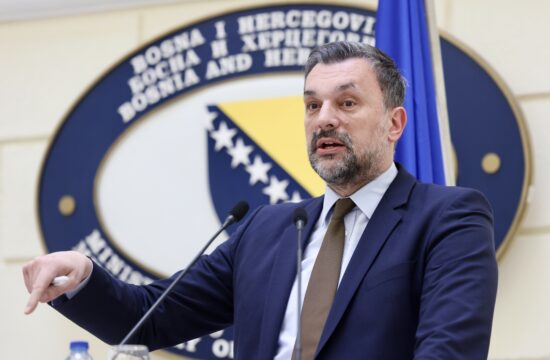
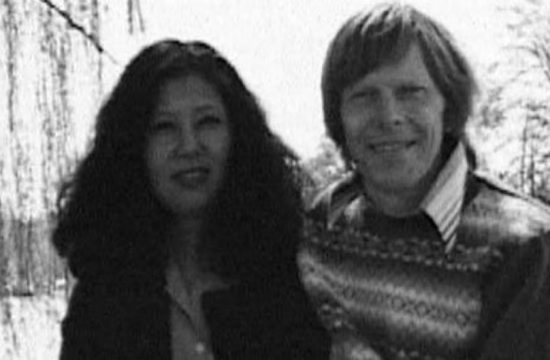
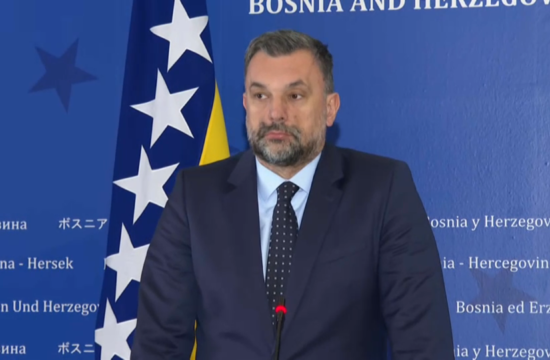
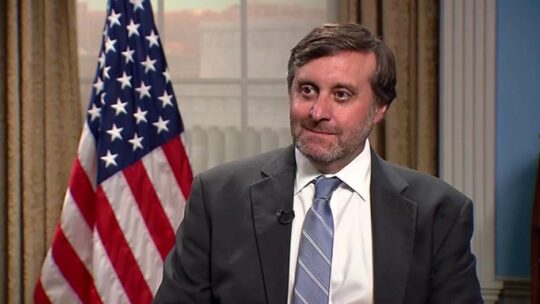
Kakvo je tvoje mišljenje o ovome?
Budi prvi koji će ostaviti komentar!